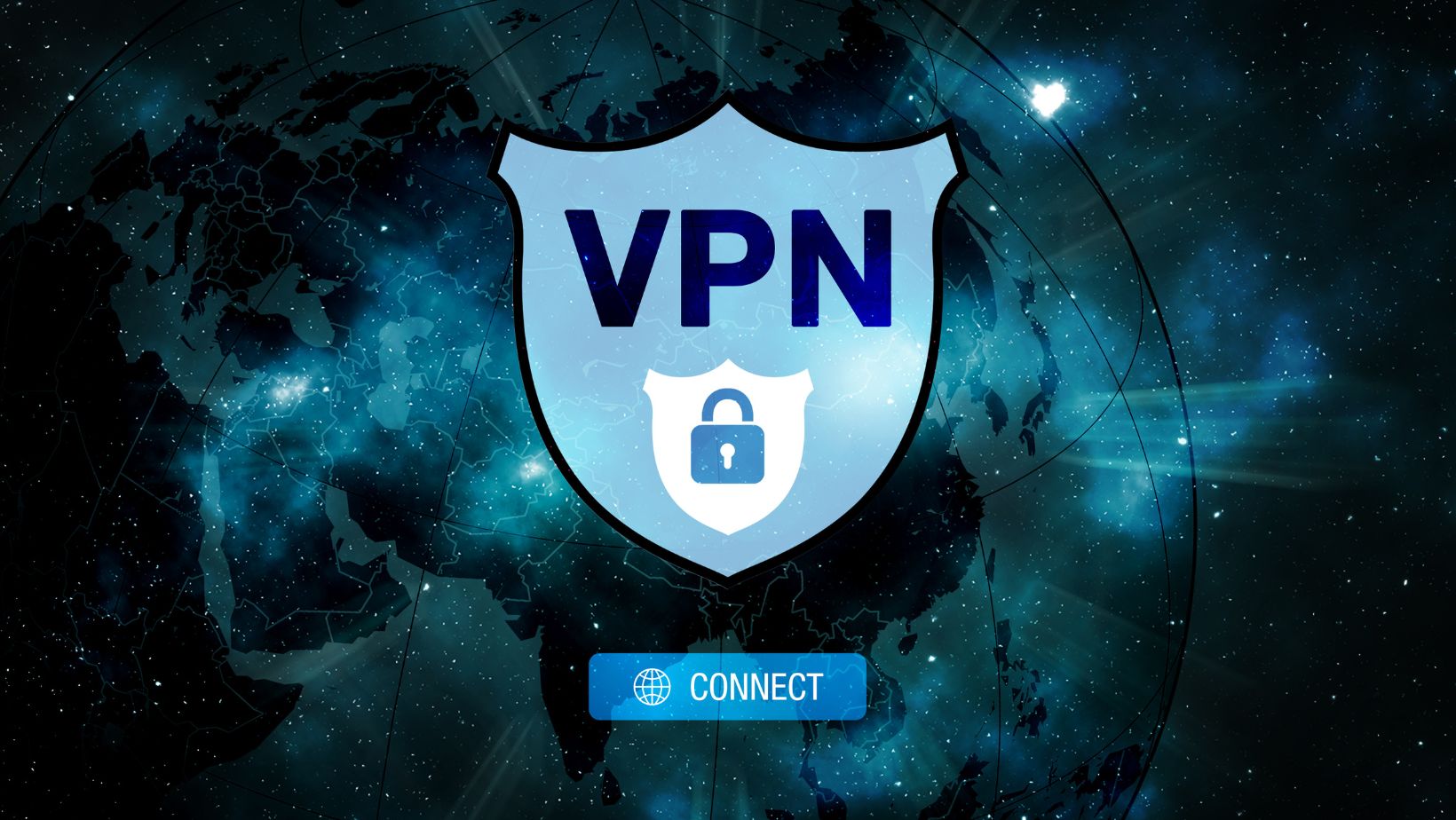VPNs are quickly becoming a necessity for protecting online safety and confidentiality. They serve as an extra defense against unwanted monitoring, online risks, and regional content restrictions.
However, when selecting a VPN service, speed is one of the most crucial considerations. After all, no one wants to be protected at the expense of painfully slow browsing speeds.
It’s important to understand possible effects before learning how to monitor and assess VPN speeds.
Importance of VPN Speed Depending Where You Are
VPN speed is always important, but sometimes it’s vital. For example, say you’re in China and you can only use a VPN to access certain sites, then you need it to be fast. If you’re just using VPN in other countries, you can use normal internet in an emergency, not in China. That’s why a lot of people use expressVpn China but even then, speeds can fluctuate – it’s why you need to have a backup where possible. Point being, the importance of speed is also dependant on where you are at the time. You need to make sure the speed is essentially excellent if you have to rely on a VPN with no other alternative, whereas if you can use the normal internet, VPN becomes a little less vital in a pinch.
Factors Influencing VPN Speed
- Server Location: The physical distance between you and the VPN server can impact speed. The farther away the server, the higher the likelihood of reduced speed.
- Server Load: If too many users are connected to the same VPN server, it can become overloaded, slowing down the connection.
- Encryption Level: Stronger encryption can, at times, require more resources, leading to a slight speed reduction.
- ISP Throttling: Some Internet Service Providers (ISPs) may throttle or limit VPN traffic, which can reduce speed.
- Connection Protocol: Different VPN protocols, like OpenVPN, L2TP/IPsec, or IKEv2, can offer varied speeds.
Let’s discuss how to evaluate your VPN’s speed while keeping these elements in mind.
Measuring VPN Speed
To get an accurate measure of your VPN speed, follow these steps:
- Baseline Speed Test Without VPN: Before you connect to your VPN, check your internet speed. Websites like Speedtest.net or Fast.com are user-friendly options. Note down your download, upload, and ping times. This will give you a baseline to compare against.
- Connect to the VPN: Once you have your baseline, connect to your chosen VPN server. If you’re testing out a new service like Mysterium VPN, ensure that you’re connected to a server that’s optimal for your location.
- Run the Speed Test Again: After connecting to the VPN, return to the speed test website and run the test once more. Again, jot down the download, upload, and ping times.

- Comparing the Results: You may find the effect of the VPN on your connection speeds by comparing the results received before and after the VPN connection.
- Test Multiple Servers: If you’re unsatisfied with the speed on one server, try connecting to different servers (especially ones closer to your location) and repeating the tests. You may use this to discover the server that meets your needs the quickest.
Tools to Test VPN Speed
Apart from standard speed test websites, there are other specialized tools and platforms available to assess VPN speed, including:
- GlassWire: This tool not only monitors real-time network activity but also helps in measuring the speed of your VPN.
- Perf/perf: For users who are technically inclined, imperf (and its GUI version, perf) is a versatile tool that can test the speed of your network both with and without a VPN.
- VPN Speed Test Tools: Some VPN providers, including Mysterium VPN, might offer in-built speed test tools within their applications.
Interpreting the Results
After conducting the speed tests, understanding the numbers is crucial:
- Download Speed: This represents the speed at which data is downloaded from the internet to your device. If this is significantly lower with the VPN connected, you might notice slower web browsing or video buffering.
- Upload Speed: Reflects the speed at which data is uploaded from your device to the internet. Need for activities like video conferencing or file uploading.
- Ping (Latency): Measures the time (in milliseconds) it takes for data to travel from your device to the server and back. Online gaming and other real-time activities might suffer from a sluggish connection, which is indicated by a higher ping.
Tips for Improving VPN Speed
If you’re not satisfied with your VPN’s speed:
- Switch Servers: As mentioned, a server closer to you might offer better speeds.
- Change Protocols: Some VPN protocols may be faster than others. For instance, WireGuard is known for its fast speeds compared to traditional protocols like OpenVPN.
- Check for External Factors: Ensure no background applications are hogging your bandwidth. Additionally, restarting your router/modem can occasionally boost speeds.
- Consider a Different VPN: Not all VPNs are created equal. If you’ve tried all optimization tips and still find the speed lacking, it might be time to switch. Research other options, and perhaps consider giving Mysterium VPN a shot if you haven’t already.
In Conclusion
The majority of us are aware that the main function of a VPN is to protect our online activities by acting as a guardian and safeguarding the confidentiality and privacy of our data against potential threats. However, in this fast-paced digital age, speed cannot be relegated to the backseat. The increasing demands for streaming high-definition content, participating in real-time online gaming, and attending HD video conferencing underline the necessity for swift internet speeds. Hence, selecting a VPN service is a delicate balance between fortifying one’s digital life and ensuring that the pace of online activities remains unhindered.

Regularly testing and measuring VPN speed is not just a technical exercise; it’s an assessment of the quality of your digital experience. You may use it to prevent issues by changing server protocols or even switching to a VPN provider with more efficiency. As our reliance on the digital world develops, the potential bandwidth requirements will also rise, making the speed of our VPN connections even more essential. It’s important to consider VPN performance in the context of the full online experience, though. Speed is crucial, but security shouldn’t be compromised in the name of speed. A super-fast VPN that doesn’t adequately protect user data would be counterproductive. Therefore, to locate a solution that actually meets one’s demands, it’s important to assess both speed and security factors while evaluating VPN services. In the end, a well-informed consumer can navigate the vast sea of VPN options to find that perfect balance. Users may improve their present experience and plan forward for their needs by routinely measuring, testing, and analyzing VPN performance indicators. So, as you venture into the expansive digital world, remember that your VPN should be an enabler, making your journey both secure and swift.


